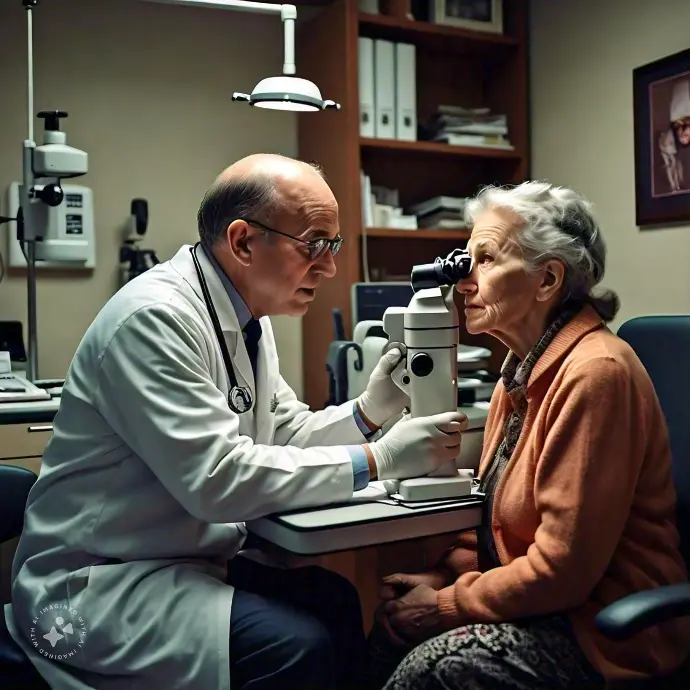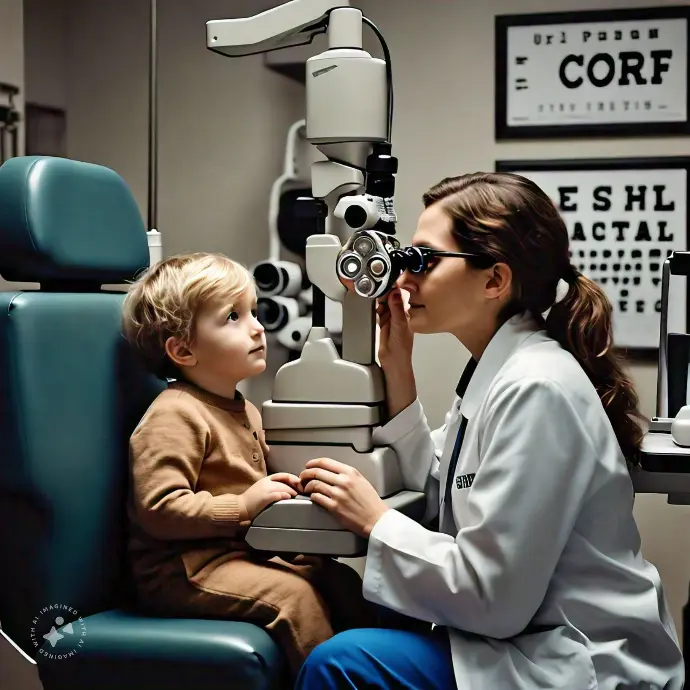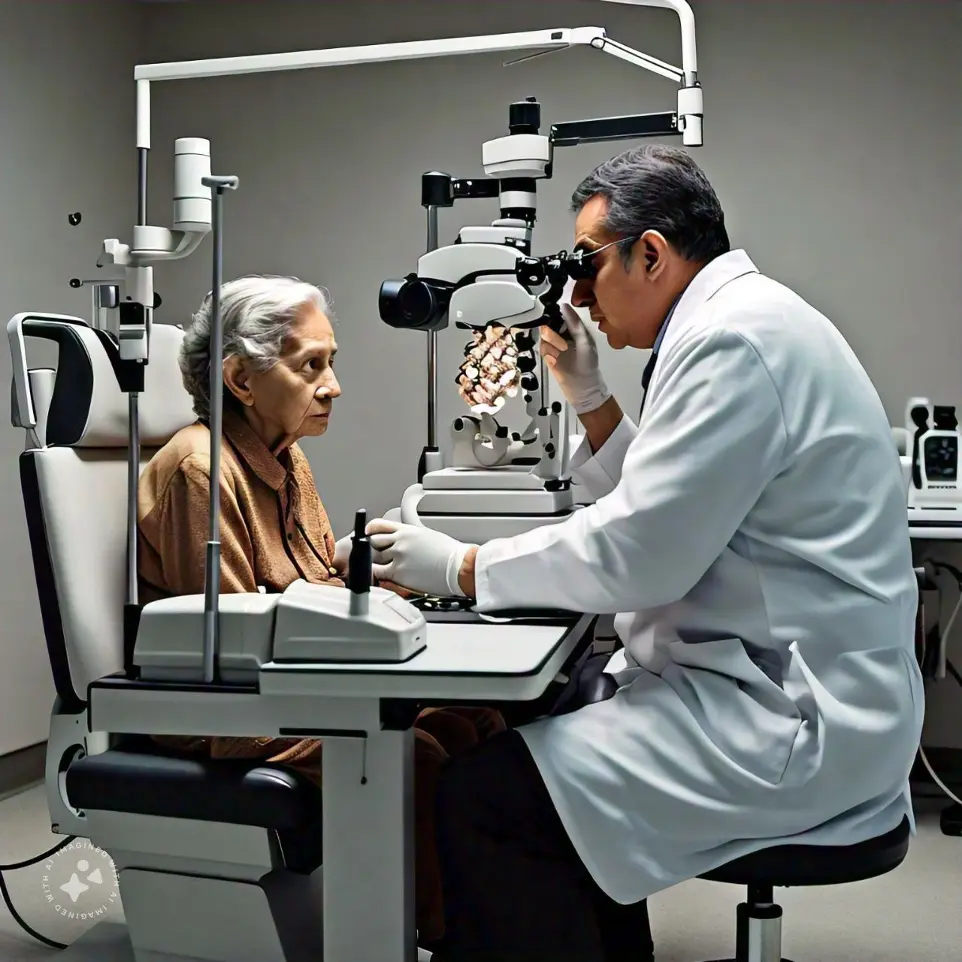Experience Clear Vision Again

General Ophthalmology
At Global Eye Hospital all patients undergo a comprehensive eye examination to evaluate their ocular health status or rule out any underlying disorder that can cause a major concern to their visual status. This department is headed by a senior consultant Ophthalmologist and a team of optometrist who have designed a detailed eye examination protocol after which the patient will be directed to the required sub speciality department. Vision is crucial for quality of life; good eyesight enhances learning, work performance, and overall well-being. Regular eye care can prevent and manage various health issues, including systemic diseases (like diabetes and hypertension).
What We Do
Ophthalmologists
Experts who evaluate and treat conditions like blurry vision,
eye pain, sudden vision loss, and more, using medical or surgical interventions.
Optometrists
Independent eye care professionals conducting eye exams, prescribing corrective lenses, diagnosing diseases like glaucoma and cataracts, and providing pre- and post-operative care.

1. Comprehensive Eye Exams
Comprehensive eye exams are crucial for maintaining eye
health and ensuring optimal vision. Regular visits to an optometrist
can help catch issues early, leading to timely intervention and treatment.
Early detection and management of refractive errors can prevent
permanent visual impairment and improve quality of life. Identifying
eye diseases (e.g., glaucoma, macular degeneration) early can preserve
vision and overall health.
Purpose of Comprehensive Eye Exams
Assess Overall Eye Health
To detect refractive errors and other vision problems.
To identify signs of eye diseases and systemic health issues

2. Head Ache Clinic
At Global Eye Hospital, we understand that headaches can significantly impact your quality of life. That’s why we offer a dedicated Headache Clinic, providing expert evaluation and treatment tailored to your needs. Headaches can often be related to eye issues in several ways. Recognizing the link between headaches and eye issues is important for effective management. Regular eye exams can help identify and correct vision problems, reducing the frequency and intensity of headaches. If headaches persist despite eye care, it may be necessary to explore other potential causes with a healthcare provider.
How Eye Problem contribute to Head Ache
1. Refractive Errors
Myopia, Hyperopia, and Astigmatism: Uncorrected refractive errors force the eyes to strain while trying to focus, leading to fatigue and headaches.
2. Digital Eye Strain
Prolonged use of digital gadgets can cause discomfort due to:
- Blurred vision
- Dry eyes
- Difficulty focusing
- This strain can result in tension headaches.
3. Binocular Vision Problems
- Convergence Insufficiency: Difficulty in coordinating both eyes to focus on nearby objects can lead to eye strain and headaches.
- Eye Muscle Imbalances: Issues with how the eye muscles work together can result in discomfort and headaches.
4. Eye Fatigue
- Prolonged periods of visual concentration (e.g., reading, using a computer) can lead to eye fatigue, which may trigger headaches.
5. Inadequate Lighting and Glare
- Poor lighting conditions or glare from screens can cause eyestrain, resulting in headaches.
6. Underlying Eye Conditions
- Glaucoma: Increased pressure in the eye can cause pain and headaches.
- Migraines: Some people experience visual disturbances (aura) before migraines, which can include symptoms like blurred vision.
7. Cervicogenic Headaches
- Eye strain can lead to tension in the neck and shoulders, contributing to cervicogenic headaches, which originate from neck problems.
8. Symptoms of Eye-Related Headaches
- Headaches may be accompanied by symptoms like:
- Blurred or double vision
- Eye fatigue or discomfort
- Sensitivity to light

3. Computer Vision Clinic
Comprehensive eye exams are crucial for maintaining eye
health and ensuring optimal vision. Regular visits to an optometrist
can help catch issues early, leading to timely intervention and treatment.
Early detection and management of refractive errors can prevent
permanent visual impairment and improve quality of life. Identifying
eye diseases (e.g., glaucoma, macular degeneration) early can preserve
vision and overall health.
